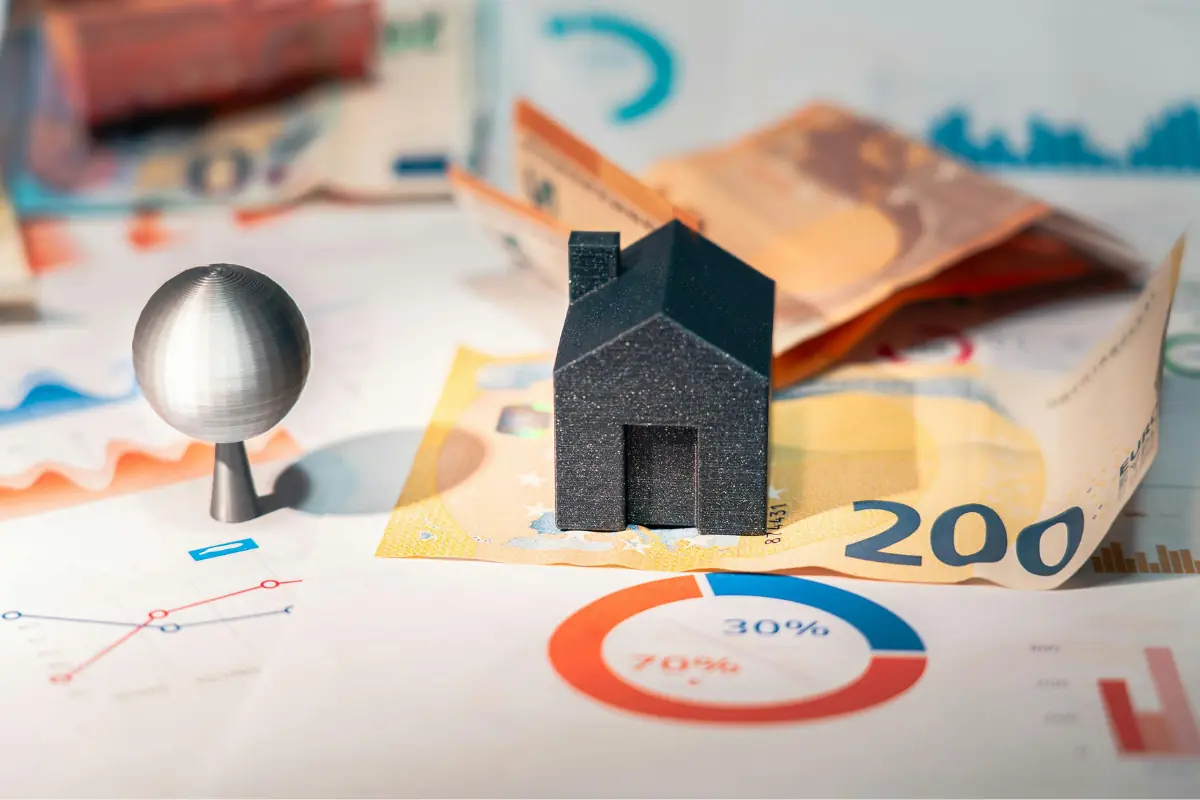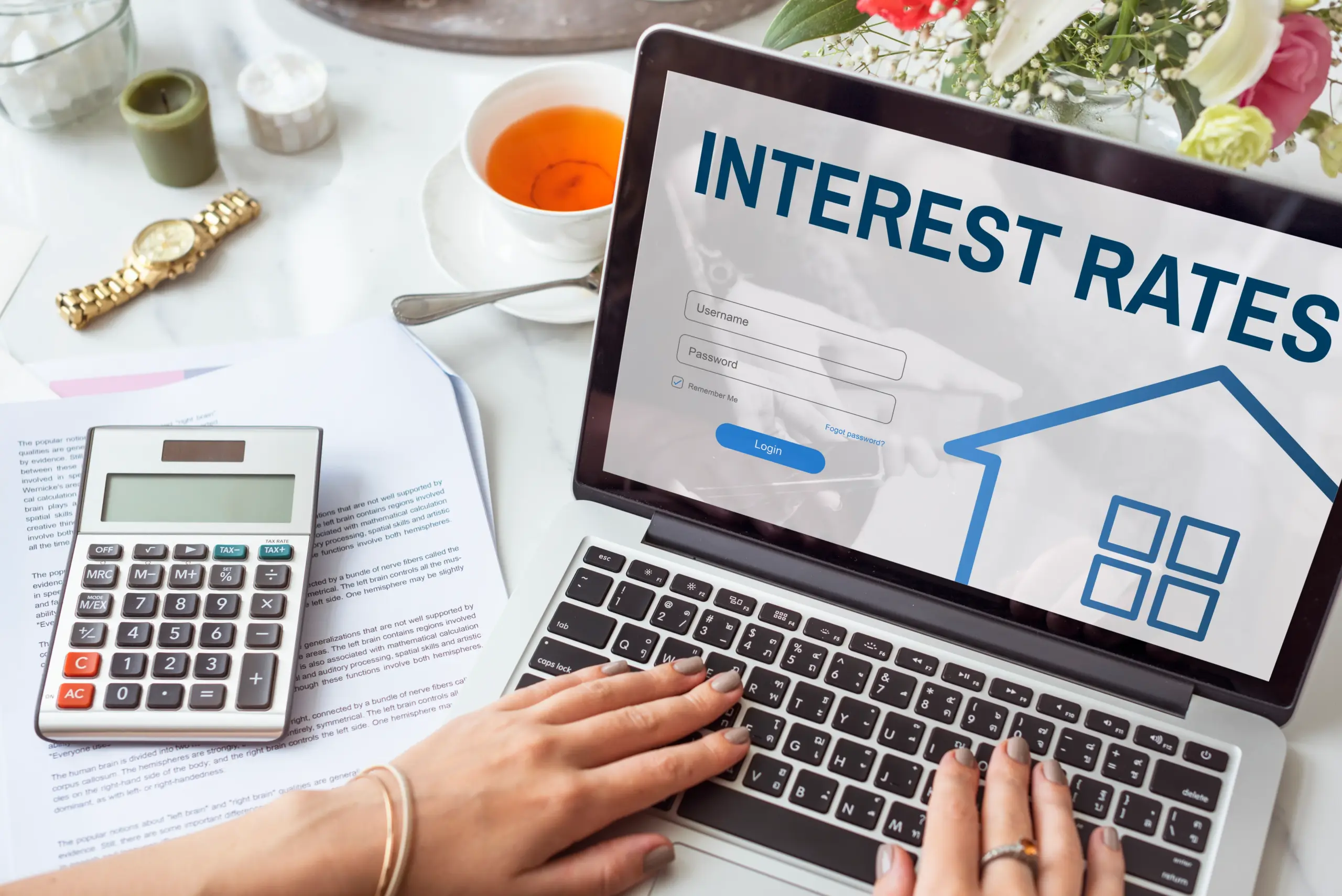When diving into the world of homeownership, especially with new construction homes, it’s crucial to understand that your mortgage payment might not remain static. Many first-time homebuyers, particularly millennials and gen-z, are often caught off-guard when they find their mortgage payments shifting post-closing. This article aims to shed light on this phenomenon and emphasize the importance of budgeting for potential increases in mortgage payments in the subsequent years.
Why Mortgage Payments Can Change After Closing
There are several reasons why your mortgage payment might change after closing:
- Property Taxes: One of the most significant factors affecting your mortgage payment is property taxes. New construction homes tend to have higher property taxes than pre-existing homes. This is because they are typically assessed at their market value, while pre-existing homes might be assessed at a value based on their purchase price, which could be lower. As cities and municipalities reassess property values and adjust tax rates, homeowners might see a rise in their property tax obligations.
- Homeowner’s Insurance: Just like property taxes, homeowner’s insurance can fluctuate. Factors like changes to the home, claims history, or even broader environmental factors can lead to premium adjustments.
- Mortgage Insurance: If you’ve put down less than 20% on your home, you’re likely paying mortgage insurance. As you build equity in your home, this cost can decrease or be eliminated, affecting your monthly payment.
The Unique Case of New Construction Homes
New construction homes come with their own set of considerations. They are often situated in burgeoning areas with evolving infrastructures, which can lead to increasing property taxes as the area develops and becomes more desirable. Moreover, as these homes are assessed at their current market value, any appreciation in the property can lead to higher taxes.
Furthermore, new constructions might come with amenities and homeowner association (HOA) fees that can change over time. As the community grows and maintenance or enhancements are required, these fees can increase.
Budgeting for the Future
Given the potential for rising costs, it’s imperative for homeowners, especially those eyeing new constructions, to budget for increasing mortgage payments. Here are some steps to consider:
- Research Property Tax Trends: Look at the historical property tax trends in the area where you’re buying. This can give you an idea of how much they might increase in the coming years.
- Emergency Fund:Always have an emergency fund that can cover at least three to six months of mortgage payments. This can be a safety net if there’s a sudden spike in your payment.
- Regularly Review Your Escrow: Your escrow account is where your taxes and insurance are held to be paid annually. Review it regularly to ensure there’s enough to cover these expenses.
Adding Value to Your Homeownership Journey
Understanding your mortgage is more than just knowing your monthly payment. It’s about anticipating changes and being prepared for them. By being informed, you can make decisions that add value to your homeownership journey, ensuring that your dream home remains affordable and enjoyable.
If you’re considering a new construction home or any home purchase and want to understand how to budget effectively for future mortgage payment changes, we’re here to help. Fill out our contact form or schedule a call with us. Let’s ensure you’re not just buying a home, but making a sound financial investment for your future.
A home is one of the most significant investments you’ll make in your lifetime. Being prepared for the changes in mortgage payments, especially with new construction homes, ensures that you remain financially stable and can enjoy your home for years to come. Always stay informed, anticipate changes, and seek expert advice when needed.










